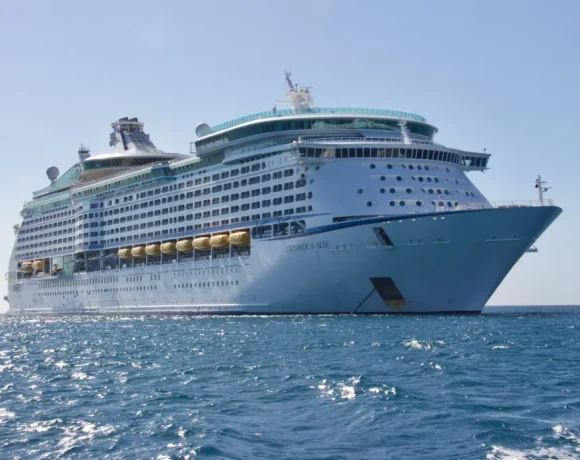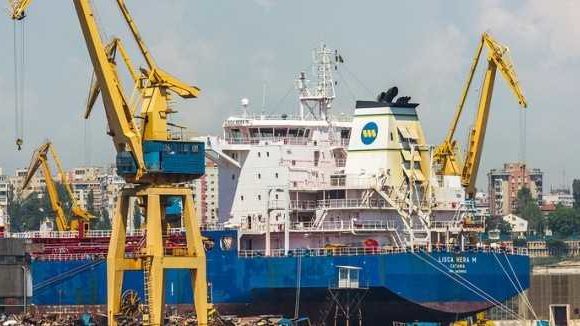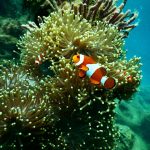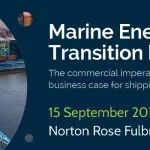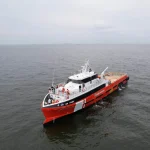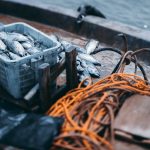Human Impact on Marine Ecosystems: The Tragic Symphony of Life and Death
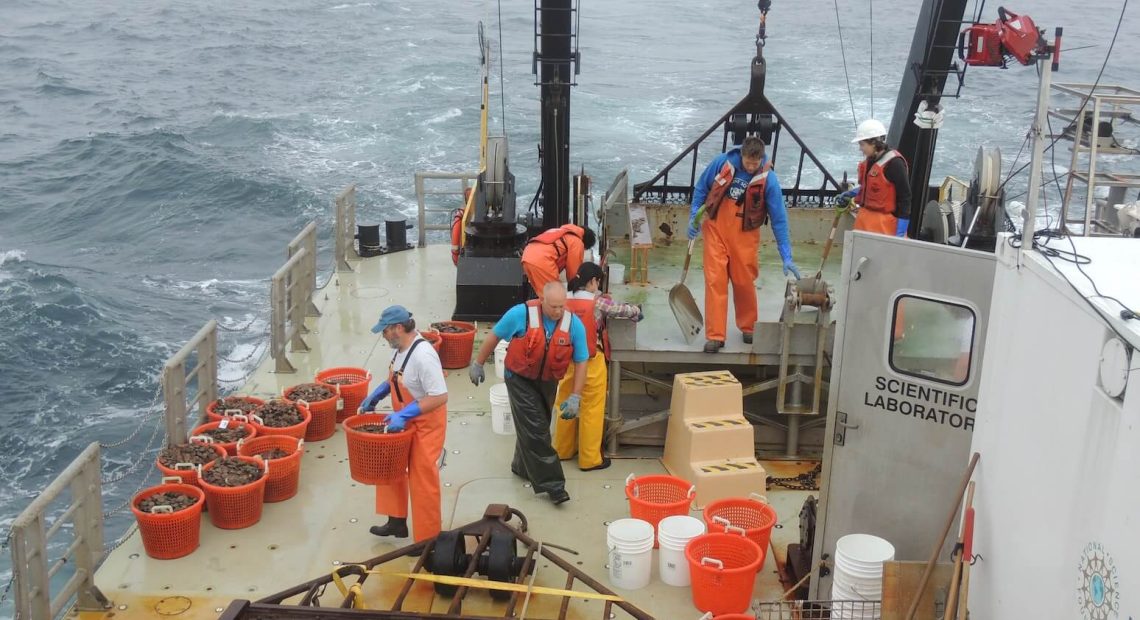
Introduction
The ocean is a delicate ecosystem that has been intricately balanced for millions of years. But human activity has caused a discordant note in this symphony. The impact of human activity on marine ecosystems has been significant, and the effects are becoming increasingly visible. From pollution to overfishing, the ocean is under siege from human activity.
Pollution: The Slow Poison
The ocean is a dumping ground for our waste. Plastic waste, oil spills, and other pollutants are killing marine life and poisoning the ocean. According to a report by the United Nations, “Plastic waste causes at least $8 billion in damage to marine ecosystems every year.” Plastic pollution in the ocean is not only unsightly, but it also harms marine life. Turtles, whales, and other marine animals often mistake plastic for food and end up choking or suffering from internal injuries. The impact of pollution is felt throughout the food chain, affecting not only marine life but also humans who consume seafood.
“Pollution is a slow poison that is killing the ocean, one piece of waste at a time.”
Overfishing: The Silent Killer
Overfishing is another major threat to marine ecosystems. According to the Food and Agriculture Organization (FAO), over 30 percent of fish stocks are overfished, depleted, or recovering from depletion. The problem is not just the number of fish being caught but also the methods used to catch them. Bottom trawling, for example, is a fishing technique that involves dragging a net across the ocean floor, destroying everything in its path. This indiscriminate method of fishing not only destroys marine habitats but also catches non-target species, resulting in significant bycatch.
“Overfishing is the silent killer of the ocean, destroying the balance of life and death with every catch.”
Climate Change: The Game Changer
Climate change is the game-changer in the world’s oceans. Rising temperatures, ocean acidification, and sea-level rise are already having a significant impact on marine ecosystems. Coral reefs, for example, are highly sensitive to changes in temperature and pH levels, and they are dying at an alarming rate. As these reefs die, so do the countless marine species that depend on them for survival. Climate change is also causing shifts in the distribution of marine species, affecting the food chain and ecosystem balance.
“Climate change is the game-changer in the ocean, altering the symphony of life and death beyond recognition.”
Conclusion
The ocean is a precious resource, and the impacts of human activities on marine ecosystems are severe. Overfishing, pollution, and climate change are just a few examples of the ways in which humans have impacted the ocean. However, there is hope. By taking action to reduce our impact on the ocean, we can help protect marine biodiversity and ensure that future generations can enjoy the beauty and benefits of a healthy ocean.
In conclusion, the ocean is a complex and delicate ecosystem that is essential to life on Earth. Humans have had a significant impact on the ocean, but we have the power to make positive changes. By reducing our use of single-use plastics, supporting sustainable fishing practices, and reducing our carbon footprint, we can help protect the ocean and its inhabitants. Let us all do our part to ensure a healthy ocean for generations to come.
Resources
Marine Ecosystems – National Geography
Marine Ecosystems – WIKI

